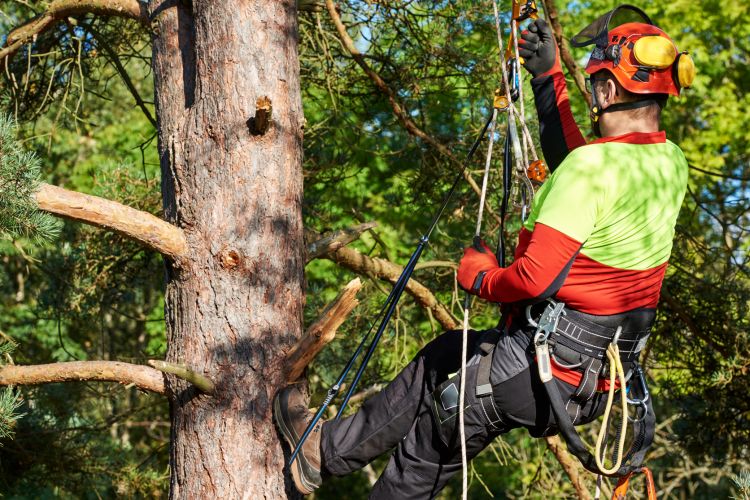Sales arborists serve as a vital link between tree care companies and their clients, offering professional guidance on tree health, risk management, and long-term care strategies. Unlike field arborists who focus primarily on pruning or removal, sales arborists combine technical knowledge with interpersonal skills to assess properties, develop proposals, and build client relationships. Sales arborist jobs suit individuals who understand plant systems and enjoy providing solutions that balance environmental stewardship with client needs.
To qualify for sales arborist roles, a background in arboriculture, horticulture, or forestry is highly recommended. While some professionals gain experience through hands-on field work and gradually transition into sales, many employers prefer candidates who have completed formal training. Understanding tree biology, soil composition, pest diagnosis, and species identification is essential to accurately assess tree conditions and offer responsible recommendations. Candidates may begin their careers as ground crew members or climbing arborists and later expand into consulting or estimating roles.
Education enhances both credibility and career flexibility. Community colleges and universities offer associate and bachelor’s degree programs that cover arboriculture, plant health, and urban forestry. In addition, online courses and continuing education programs are available for those already working in the industry. A strong example of these resources is provided by the Purdue University Department of Forestry and Natural Resources, which outlines academic options in tree care and related environmental sciences.
Certification is a key component in establishing expertise. Most reputable companies seek Certified Arborists, a designation granted by the International Society of Arboriculture (ISA). This credential requires passing an exam that covers tree biology, diagnosis, pruning, soil management, and safety practices. Candidates must also have a minimum amount of practical experience before sitting for the exam. Sales arborists who plan to apply pesticides or other treatments may need additional licenses depending on their location. Each state has its own certification process for pesticide applicators, often managed by a department of agriculture or environmental protection.
Sales arborists must also develop strong communication and customer service skills. The role involves meeting with property owners, managers, or municipalities to assess trees and recommend services. Preparing written proposals, presenting options, and following up on questions are regular parts of the job. It helps to be comfortable with public speaking, explaining technical topics in plain language, and resolving client concerns. Familiarity with software for scheduling, mapping, and estimating is also useful, as many companies use digital tools to manage their operations.
This career typically involves a mix of outdoor assessments and indoor administrative work. Sales arborists often visit several sites per day, inspecting tree health, checking for signs of disease, and evaluating structural risk. They may work closely with field crews to ensure that proposed services are executed safely and efficiently. Because of this, experience in the field is a valuable asset. It allows the sales arborist to anticipate logistical challenges, suggest practical solutions, and build trust with both clients and team members.
Compensation in this field usually includes a base salary along with commissions based on completed work. Earnings vary depending on region, experience, and company size, but opportunities exist in both residential and commercial markets. The job may involve local travel, so a valid driver’s license is often required. For a closer look at national wage data and job outlooks in this area, the U.S. Bureau of Labor Statistics includes tree-related roles under conservation and environmental science categories.
Individuals seeking employment as sales arborists should prepare by combining technical certifications with practical field knowledge and customer-focused communication. Success in this career depends not only on understanding tree health but also on the ability to interpret client goals and translate those into responsible care recommendations. With the continued growth of urban green spaces and the increasing value placed on tree preservation, this role offers a stable and meaningful path for professionals in the arboriculture field.

